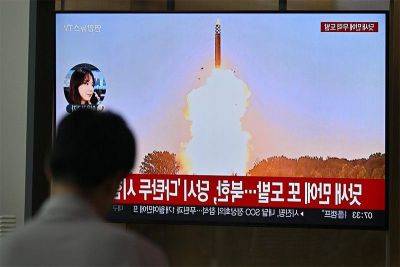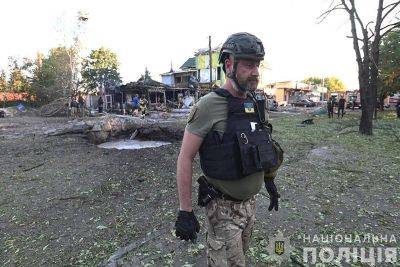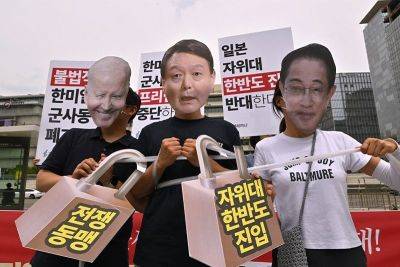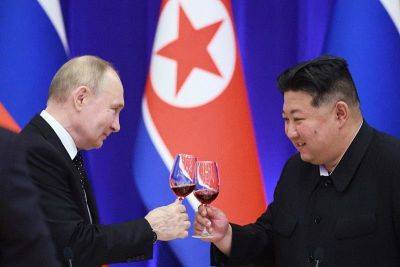Putin calls for production of missiles previously banned under 1988 treaty
Russia's President Vladimir Putin has suggested resuming production of intermediate-range missiles that were banned under a now-defunct treaty with the United States.
The Intermediate-Range Nuclear Forces (INF) treaty banned the use of ground-based nuclear and conventional missiles with a range of between 500-5,500 kilometres.
It was regarded as an arms control landmark when Soviet leader Mikhail Gorbachev and US President Ronald Reagan signed it in 1988.
But America withdrew from the pact in 2019, citing Russian violations.
"We need to start production of these strike systems and then, based on the actual situation, make decisions about where, if necessary to ensure our safety, to place them," Putin said at a meeting of Russia's national security council.
Putin said Russia hadn't produced such missiles since the treaty was scrapped in 2019, but that, "today it is known that the United States not only produces these missile systems, but has already brought them to Europe for exercises, to Denmark. Quite recently it was announced that they are in the Philippines."
Since withdrawing from the treaty, the US Army has moved forward with developing a conventional, ground-launched, midrange missile capability called the Typhon that would have been banned under the INF.
The Typhon fires two Navy missiles, the Tomahawk Land Attack Missile and Standard Missile-6. The military ran the system through tests during an exercise in the Philippines this spring.
The last remaining arms-control pact between Washington and Moscow is the New Strategic Arms Reduction Treaty, which limits each country to no more than 1,550 deployed nuclear warheads and 700 deployed missiles and bombers. It’s set to expire in 2026, and the lack of dialogue on anchoring a successor deal has worried arms control advocates.
Putin's statement near Moscow came on the same day as weapons transfers from North Korea to Russia were the focus of a UN Security Council session.
Jonah Leff, a representative of Conflict Armament Research (CAR) said his organisation has detailed the components of missiles used against Ukraine and says the evidence shows they originated in North Korea.
"The aforementioned evidence







